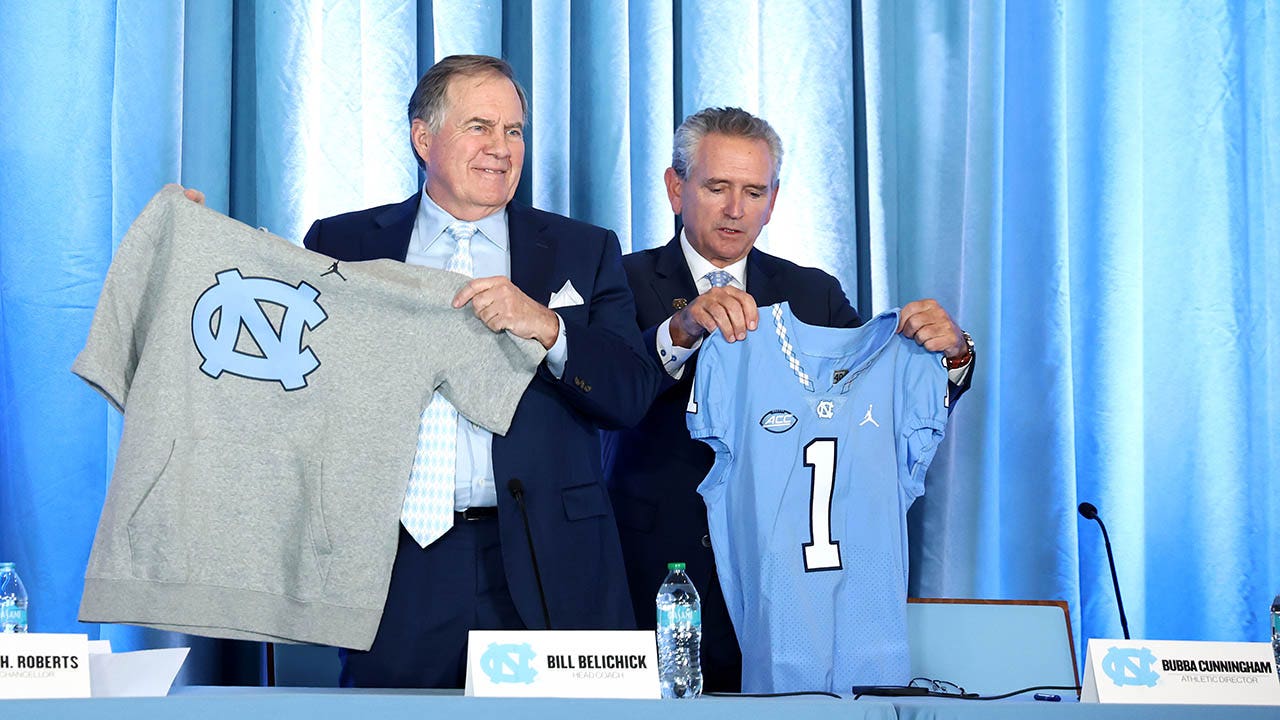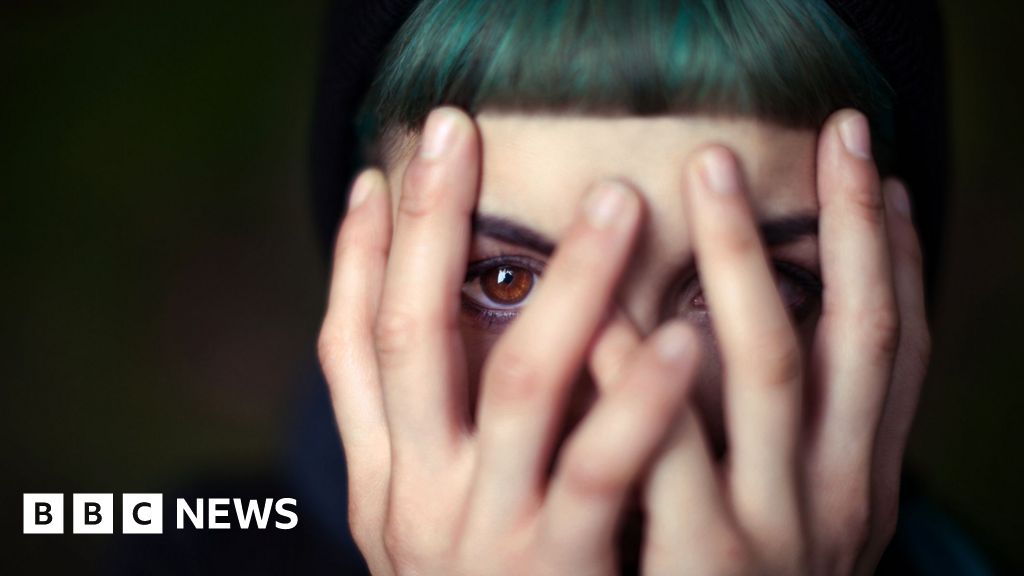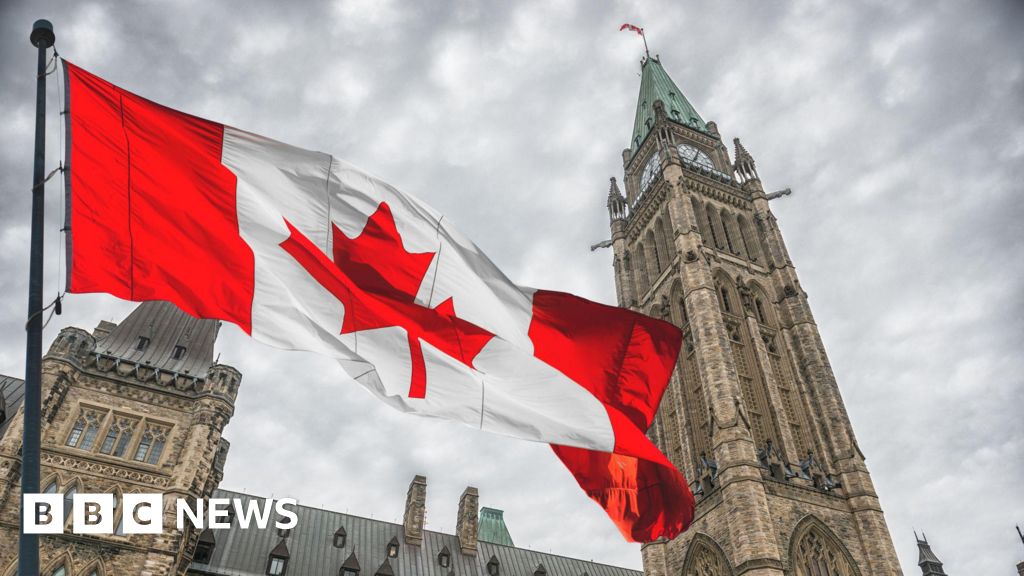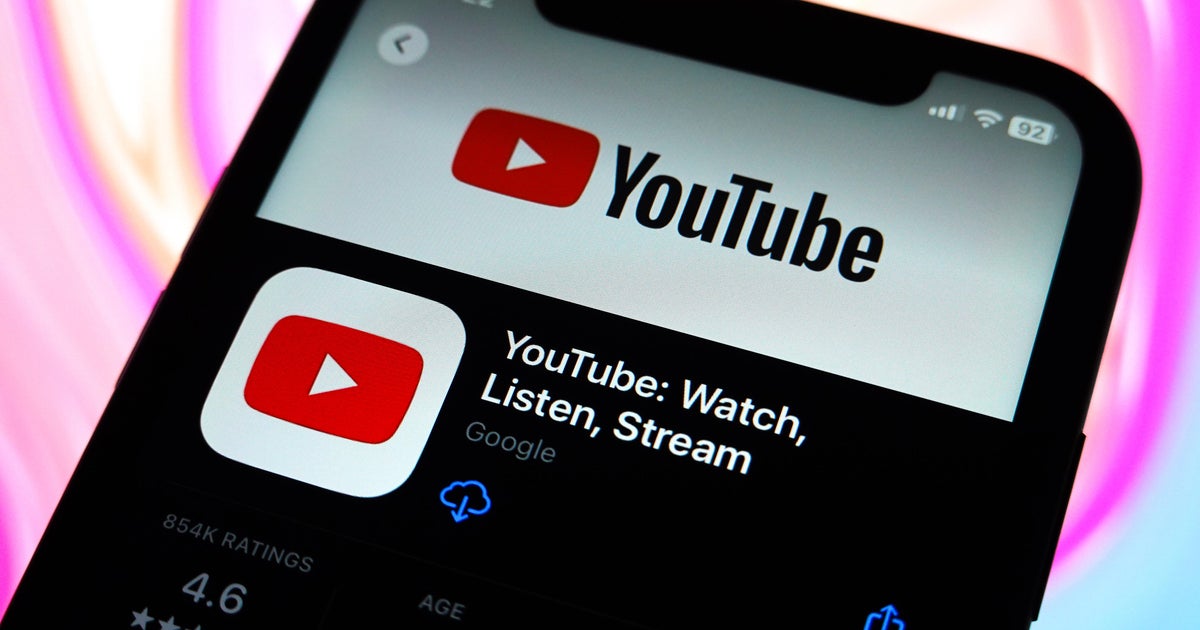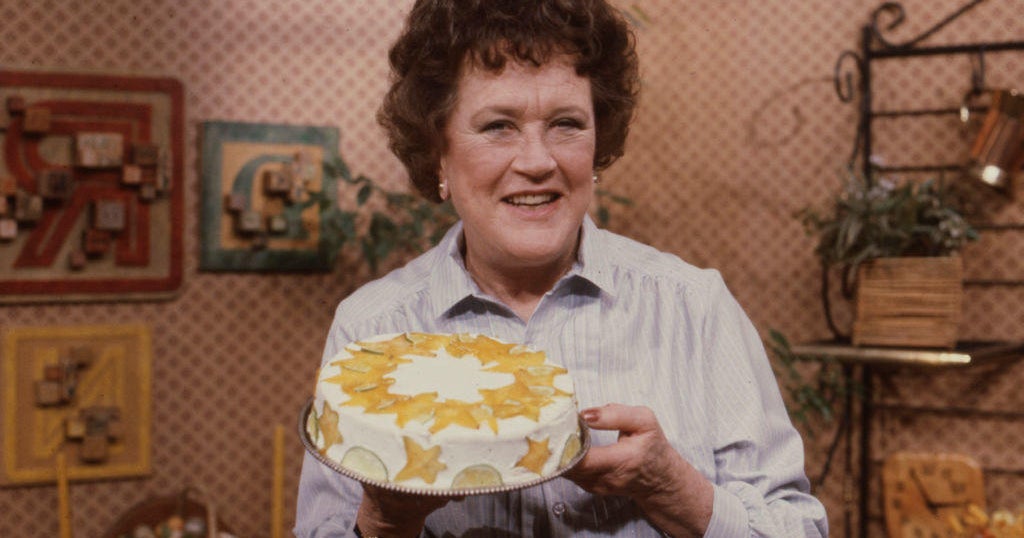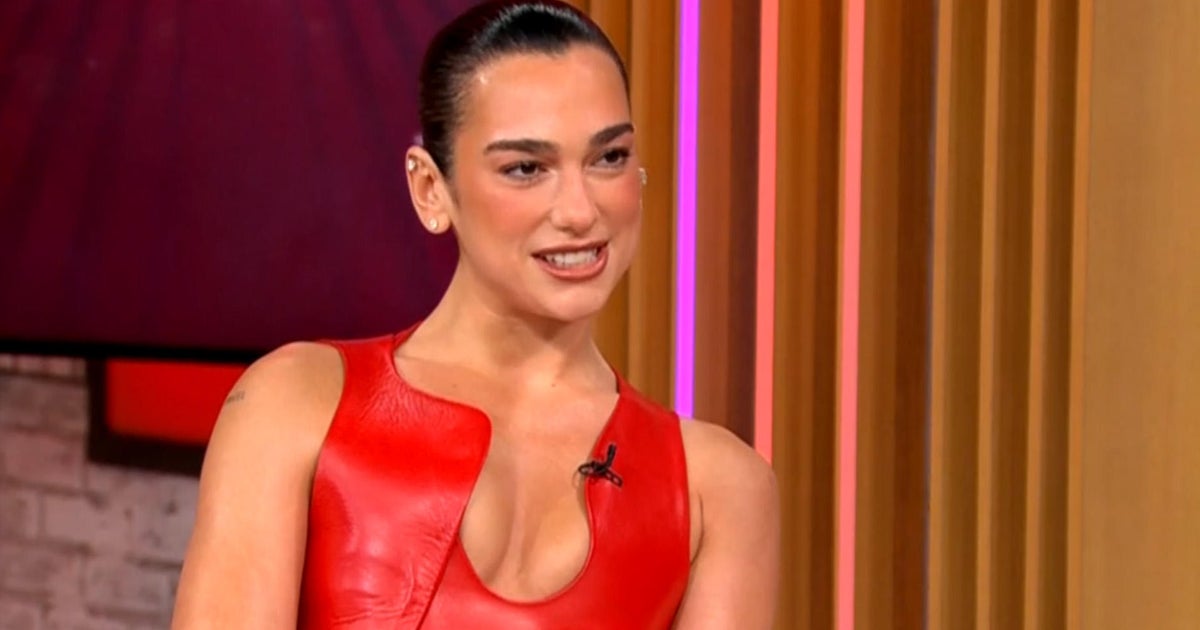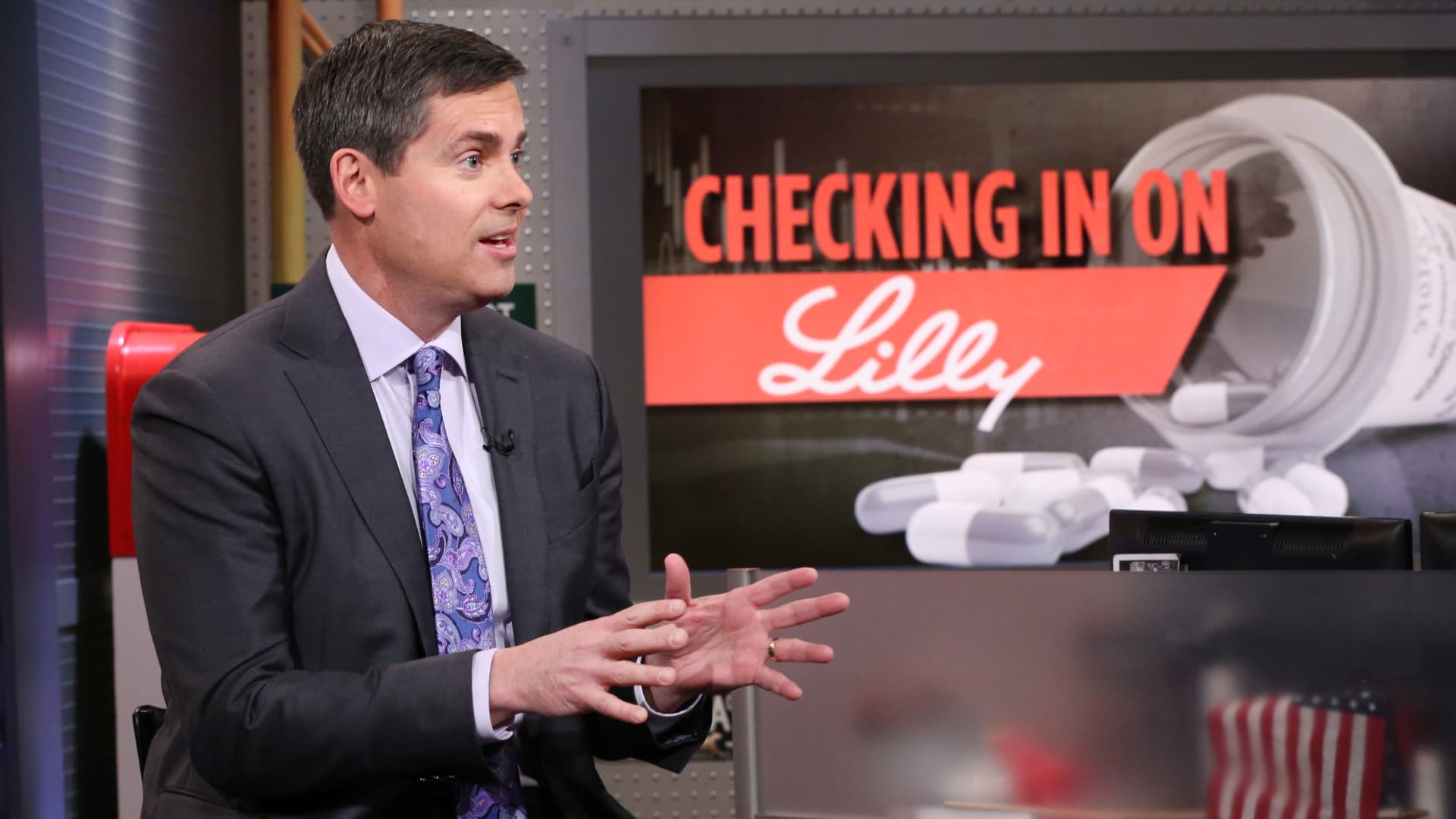Some Eli Lilly investors appear concerned about clinical trial data that showed patients regained weight after they stopped taking the company’s obesity drug Zepbound. The situation seems rather clear-cut to us: It’s no reason to sell. Eli Lilly shares on Tuesday shook off afternoon losses to close higher by 0.12%, at $584.76 each — a day after the stock’s 2.34% slide as Wall Street initially digested the study results published in the Journal of the American Medical Association. In the trial, obese patients who stopped taking Zepbound after nine months ended up regaining about half of what they lost over the next year. By contrast, those who stayed on the drug for another 52 weeks saw an additional 5.5% weight loss. “The news … was actually something that was positive, and it was viewed as a negative,” Jim Cramer said Tuesday. “This is one of those drugs that you have no choice” but to stay on it for the long haul, argued Jim, who has long expected the active ingredient in Zepbound to become the best-selling drug of all time. That active ingredient, known as tirzepatide, is also behind Eli Lilly’s Mounjaro, which is marketed for type-2 diabetes patients and was approved by U.S. regulators in 2022. Zepbound was cleared in November and hit shelves at U.S. pharmacies last week. The two treatments belong to a fast-growing class of drugs known as GLP-1s, which mimic a gut hormone to help control blood sugar and effectively suppress appetite, helping contribute to weight loss. Eli Lilly and Novo Nordisk , which markets Ozempic for diabetes and Wegovy for weight loss, are the dominant commercial GLP-1 players right now, though many other pharmaceutical companies including AstraZeneca are scrambling for a piece of a market that some analysts see eventually surpassing $100 billion in annual revenue . The market reaction to Monday’s trial data is somewhat surprising because, over the past year on earnings calls and at industry conferences, Eli Lilly executives have routinely said they believe weight-loss patients would need long-term treatment in order to keep the pounds off. Indeed, the study results support management’s argument that chronic treatment of obesity is necessary, BMO Capital Markets analysts said in a note to clients. LLY YTD mountain Eli Lilly’s year-to-date stock performance. To be sure, some investors may have been seeking any reason to ring the register on Eli Lilly, which entered Monday’s session up more than 63% in 2023 primarily on weight-loss drug optimism, dramatically outperforming the S & P 500 . The broader rotation recently out of this year’s standout winners, especially the Magnificent Seven tech stocks, also may have ensnared Eli Lilly on Monday. It’s hard to criticize profit-takers in general— after all, we did the same thing with Lilly in September. But on the question of fundamentals, nothing in Monday’s trial data has us reevaluating our thesis on the Indianapolis-based drugmaker. Eli Lilly is still poised for multiple years of above-industry growth due, in large part, to the massive GLP-1 opportunity that remains in early innings. Both Eli Lilly and Novo Nordisk have struggled to keep up with fervent demand and are investing heavily to build additional manufacturing capacity. Alleviating supply constraints is good news for revenue. Investors, including us at the Club, continue to monitor whether more health insurers will provide reimbursement coverage GLP-1s, particularly for obesity, which will help more people afford to take the pricey drugs. Insurers have been wary of their price tags — Zepbound’s list price is about $1,060 a month, while Novo Nordisk’s Wegovy for obesity is $1,349. Some insurers have recently restricted access to GLP-1s for type-2 diabetes out of concern that patients are using them off-label for weight loss, Reuters reported Tuesday . But over time, our expectation is that coverage for GLP-1s will improve as evidence grows about their additional health benefits. A recent Novo Nordisk study, for example, showed obesity patients on Wegovy had a 20% lower risk for major cardiovascular events , such as heart attacks and strokes, compared with participants who took a placebo. (Jim Cramer’s Charitable Trust is long LLY. See here for a full list of the stocks.) As a subscriber to the CNBC Investing Club with Jim Cramer, you will receive a trade alert before Jim makes a trade. Jim waits 45 minutes after sending a trade alert before buying or selling a stock in his charitable trust’s portfolio. If Jim has talked about a stock on CNBC TV, he waits 72 hours after issuing the trade alert before executing the trade. THE ABOVE INVESTING CLUB INFORMATION IS SUBJECT TO OUR TERMS AND CONDITIONS AND PRIVACY POLICY , TOGETHER WITH OUR DISCLAIMER . NO FIDUCIARY OBLIGATION OR DUTY EXISTS, OR IS CREATED, BY VIRTUE OF YOUR RECEIPT OF ANY INFORMATION PROVIDED IN CONNECTION WITH THE INVESTING CLUB. NO SPECIFIC OUTCOME OR PROFIT IS GUARANTEED.
David Ricks, CEO, Eli Lilly
Scott Mlyn | CNBC
Some Eli Lilly investors appear concerned about clinical trial data that showed patients regained weight after they stopped taking the company’s obesity drug Zepbound. The situation seems rather clear-cut to us: It’s no reason to sell.













